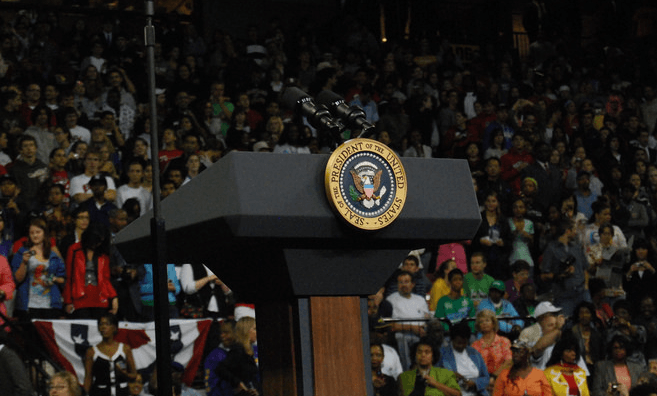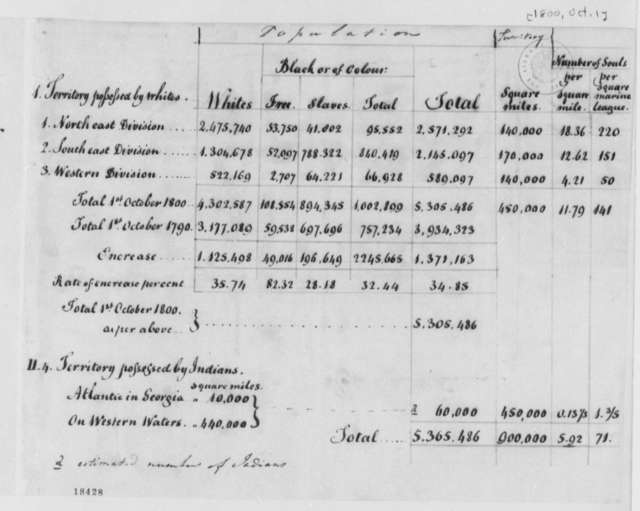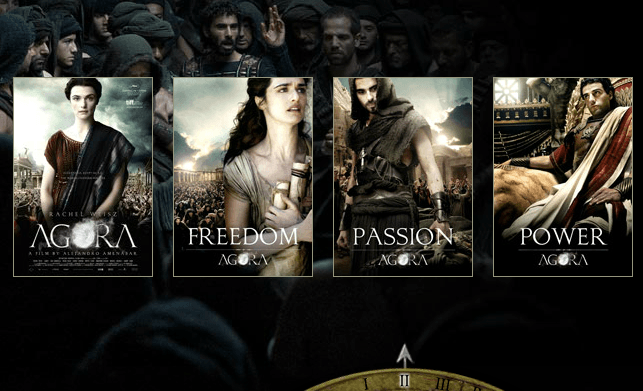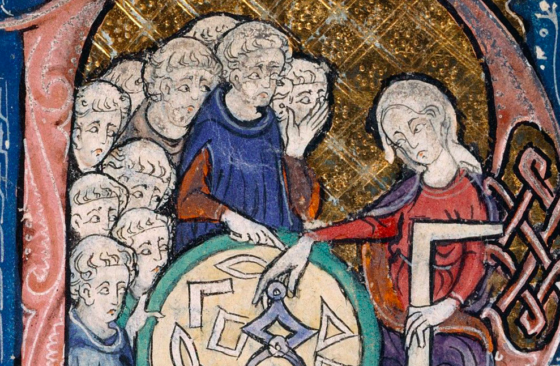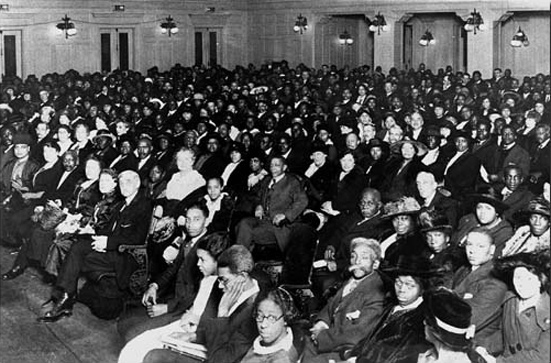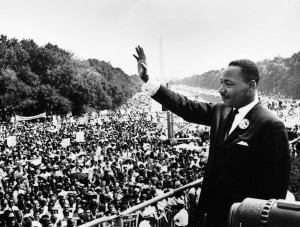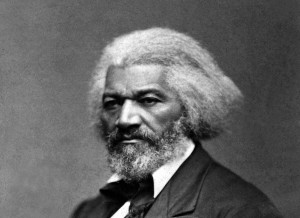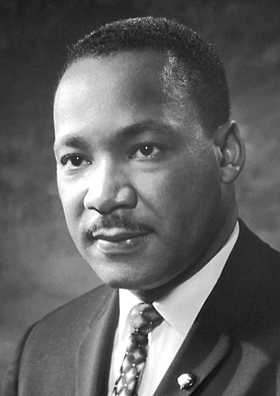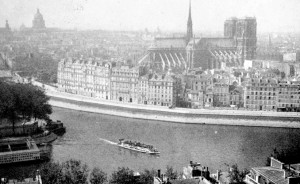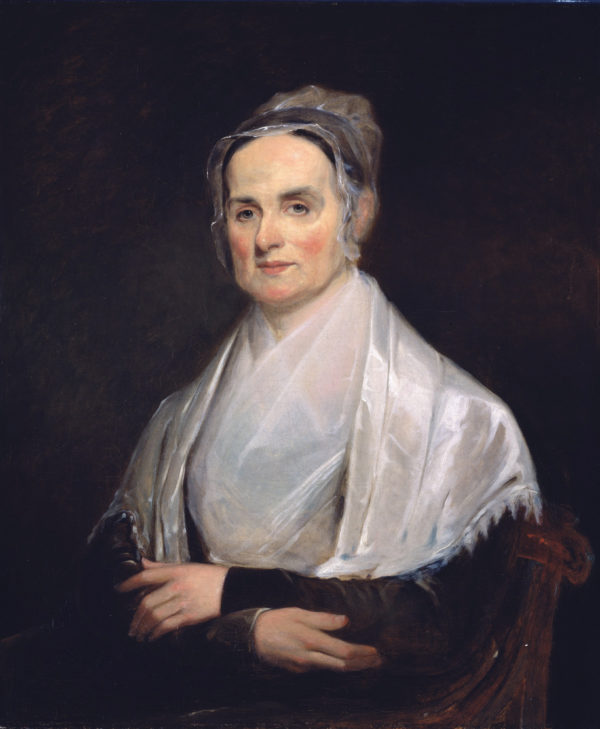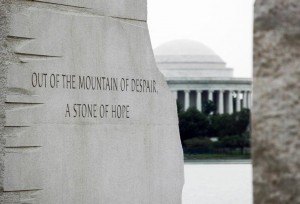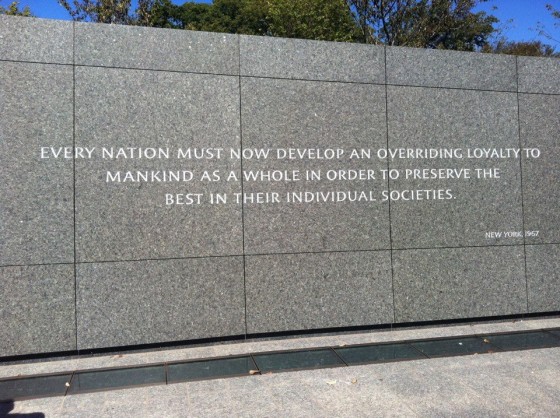warfare
-
Electing the President
There is something fascinating about the “contest” which elects the President of the United States. The 2016 election is no exception. Candidates who weren’t imagined before the election year have come to the fore and with them the discourse and the “contest” has been thrown open. Issues of gender are right on the surface. And the fact that a women has never been elected as President is one of the issues. Gender issues are present in other ways. Women’s bodies and women’s rights have repeatedly surfaced as a political football. Issues of race are prominent, who is allowed to belong – who needs to be locked out. Who can claim…
-
Agora movie – seeing ourselves through an alien past
The movie Agora (director Alejandro Amenábar) is not history, but perhaps, it rises to allegory. It is well worth watching, despite its ‘interpretative’ approach to history. It is a movie which captures deeper truths about human relationships and its fictionalized past helps us understand the challenges of our conflicted present. The struggles of Agora’s characters are enriched by Dario Marianelli’s haunting film score and the movie’s epic intellectual and scenic setting. Agora takes us to the unfamiliar world of fourth century Alexandria. It is a world being overtaken by change. Certainties of a pagan past are fading as new Christian ways of being emerge. It is a world beset with…
-
Patriotic Cosmopolitanism
Can we, at the same time, love our family, our neighbours, our country, our people, humanity and the world we live in? Surely we can. And to love any of them, properly considered, is to love them all: for their welfare is intimately interwoven. There is no contradiction in speaking of patriotic cosmopolitanism – understood in this sense. The dichotomy between community and the world is a false one. We can love our history, our language, the good in our traditions, values which have proven their worth in peace and prosperity, our own family stories. And we can also, without contradiction, delight in the history, languages, stories, good in the…
-
Seeing With New Eyes: Ibn Al Haytham, Optics and Foreignness
When we think of the science of optics we may think of Isaac Newton, who together with his other discoveries, made important studies in the field of optics. We are far less likely to think of the breakthroughs in optics and science made by Ibn Al Haytham, a scientist who lived in the Islamic world in the tenth century. To Europe he was known as Alhacen or Alhazen. Al Haytham largely solved a scientific problem that had frustrated previous thinkers for more than a thousand years. How do we see? The problem stretched back to the time of Aristotle. Aristotle spoke Greek. Al Haytham’s work was written in Arabic and…
-
Martin Luther King Jr – Civil Rights Leader and Peace Advocate
Martin Luther King, Jr. gave his life for the poor of the world, the garbage workers of Memphis and the peasants of Vietnam. The day that Negro people and others in bondage are truly free, on the day want is abolished, on the day wars are no more, on that day I know my husband will rest in a long-deserved peace. —Coretta King This article is part of a series on human rights forebears. Rev. Dr. Martin Luther King Jr. lived a life beyond the ordinary and writing about him is challenging. His life made the world that came after him better. This article will not do justice to his…
-
The Peace Advocacy of Martin Luther King (Part 4 of 4)
To appreciate Martin Luther King’s thoughts on peace, we must understand his thoughts about the relationship between human beings. He saw all human beings as caught “in an inescapable network of mutuality, tied in a single garment of destiny.” He expands on this thought in his 1964 speech, “The American Dream”. All I’m saying is simply this, that all life is interrelated. And we are caught in an inescapable network of mutuality, tied in a single garment of destiny — whatever affects one directly, affects all indirectly. For some strange reason I can never be what I ought to be until you are what you ought to be, and you…
-
Martin Luther King and Non-violence (Part 3 of 4)
Martin Luther King thought deeply about the best methods to use to overcome the injustices facing African Americans. This in itself is an important observation. It is appropriate for us in the 21st century to also think deeply about questions of method. His speeches frequently describe and defend nonviolence as the method he felt was both effective and moral for the issues on which he worked. Sometimes the description was in response to criticism of the method as “too extreme”, at other times it was to reject the violence advocated by some. His explanations were patient and detailed. The basic steps of the method are outlined to his fellow ministers…
-
Martin Luther King Jr. – What role did Christianity play in his civil rights advocacy? (Part 2 of 4)
Martin Luther King Jr. was born in Atlanta Georgia, the second son of Martin Luther King Sr. and Alberta Williams King. Martin Luther King Jr. was by vocation a Baptist minister. He was in the fourth generation of his family to take up this vocation. It is impossible to fully appreciate Martin Luther King’s work without understanding the role that Christian thought and inspiration played in his advocacy of human rights. Martin Luther King’s letter from a Birmingham prison to fellow Christian clergymen gives insight to the role his religious commitment played in generating and sustaining his commitment to work for justice. Further, the people from whom he came, the…
-
Martin Luther King Civil Rights Leader and Peace Advocate (Part 1 of 4)
Martin Luther King, Jr. gave his life for the poor of the world, the garbage workers of Memphis and the peasants of Vietnam. The day that Negro people and others in bondage are truly free, on the day want is abolished, on the day wars are no more, on that day I know my husband will rest in a long-deserved peace.—Coretta King This article is part of a series on human rights forebears. Rev. Dr. Martin Luther King Jr lived a life beyond the ordinary and writing about him is challenging. His life made the world that came after him better. This article will not do justice to his contribution.…
